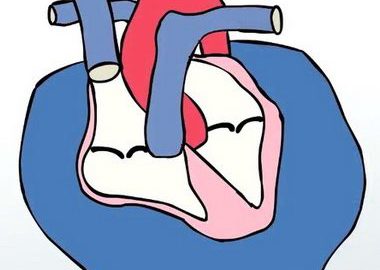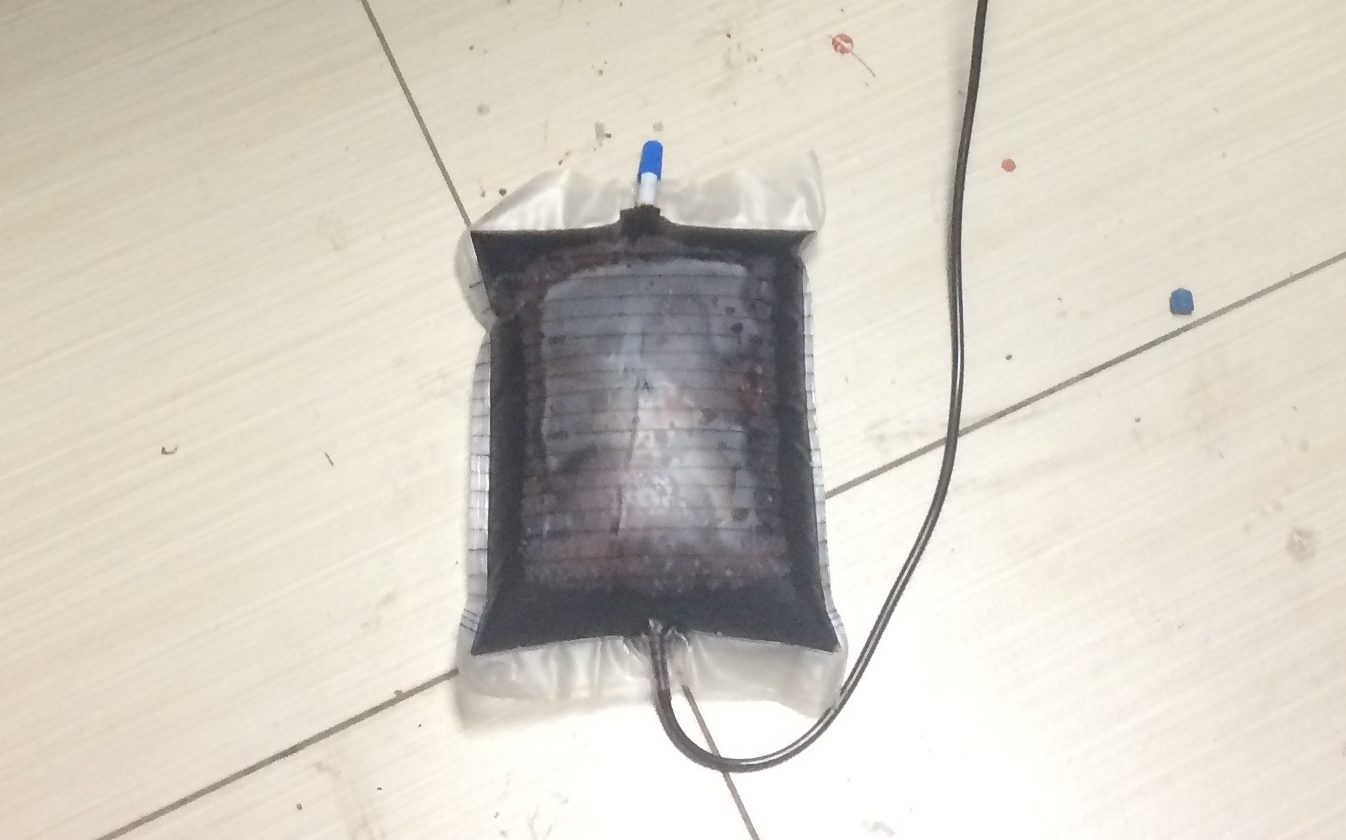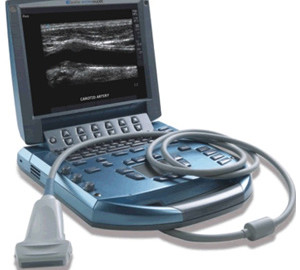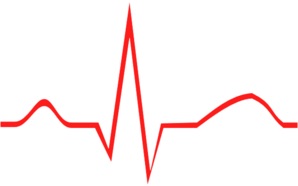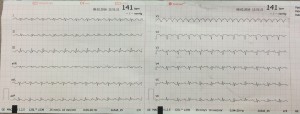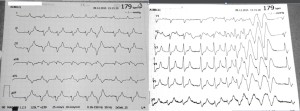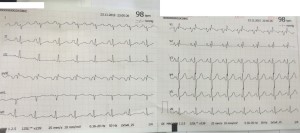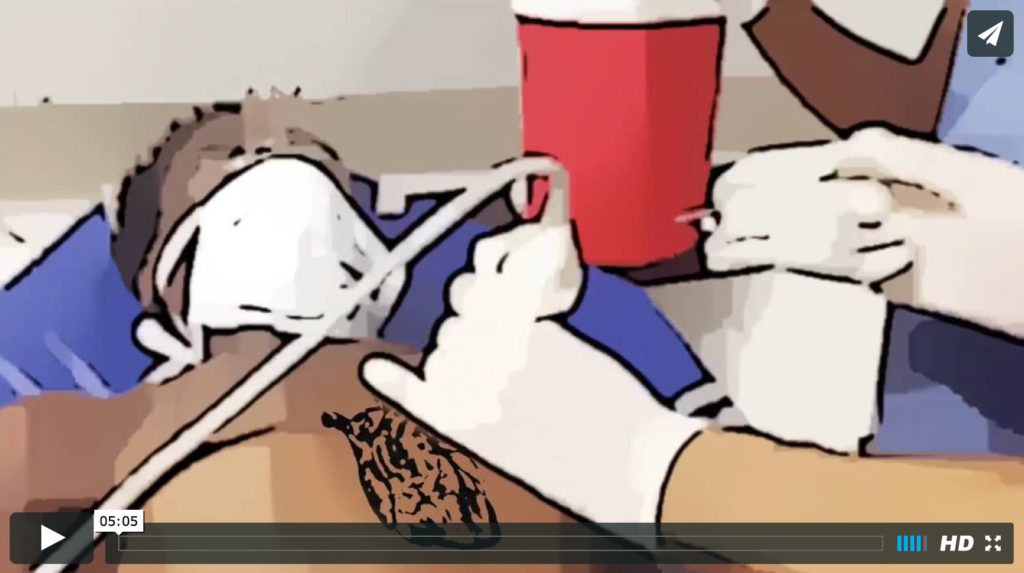
We see patients with pericardial effusions often in the emergency department. When those effusions are causing tamponade, a pericardiocentesis can be life-saving procedure. A few months ago, Dr. Plantin, PGY-2 EM resident at HUM, performed his first pericardiocentesis. To watch a video to see how he did, and to learn how to safely perform this procedure, click on the video link above. (video on
EMin5.com)
With high rates of tuberculosis, we really do see many pericardial effusions that require drainage. In fact, Dr. Plantin performed his second pericardiocentesis on his very next shift! Learn how to perform this procedure now so when the time comes for you to perform it, you will be ready
